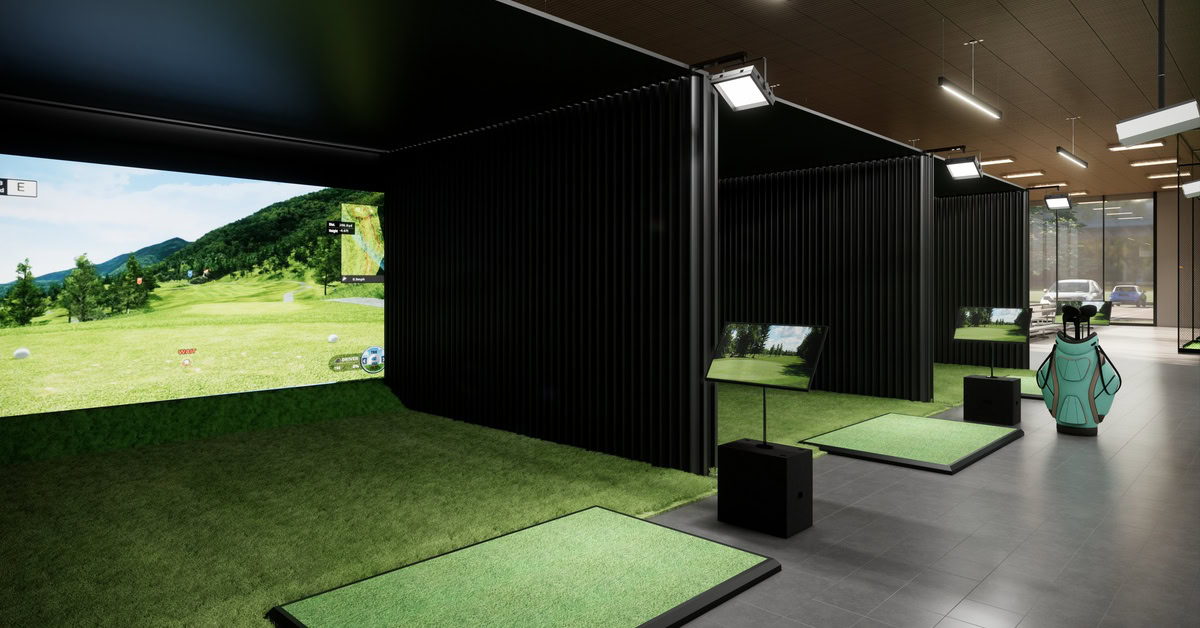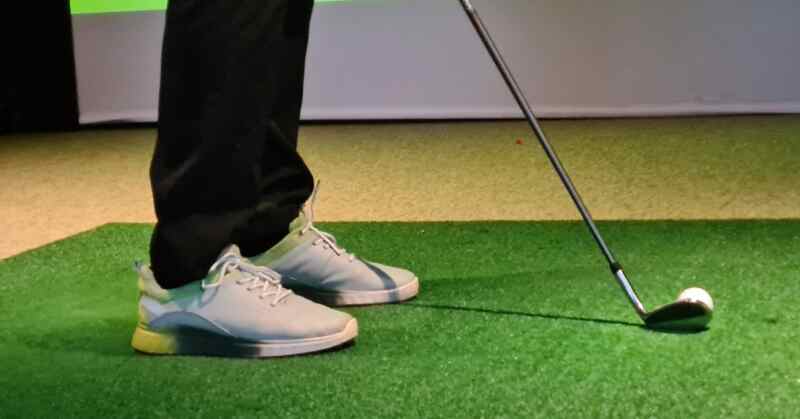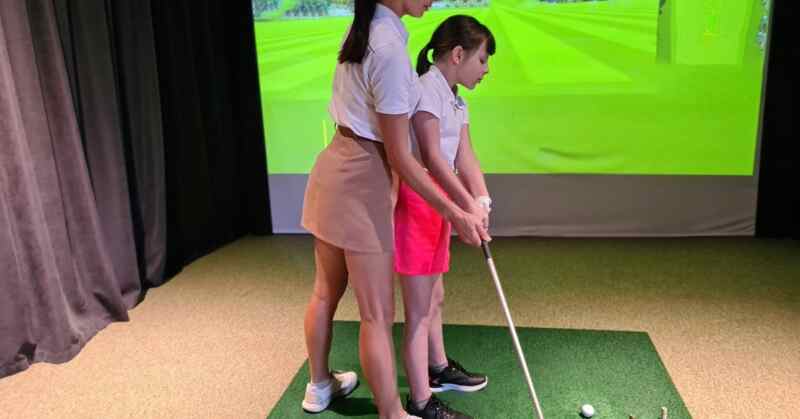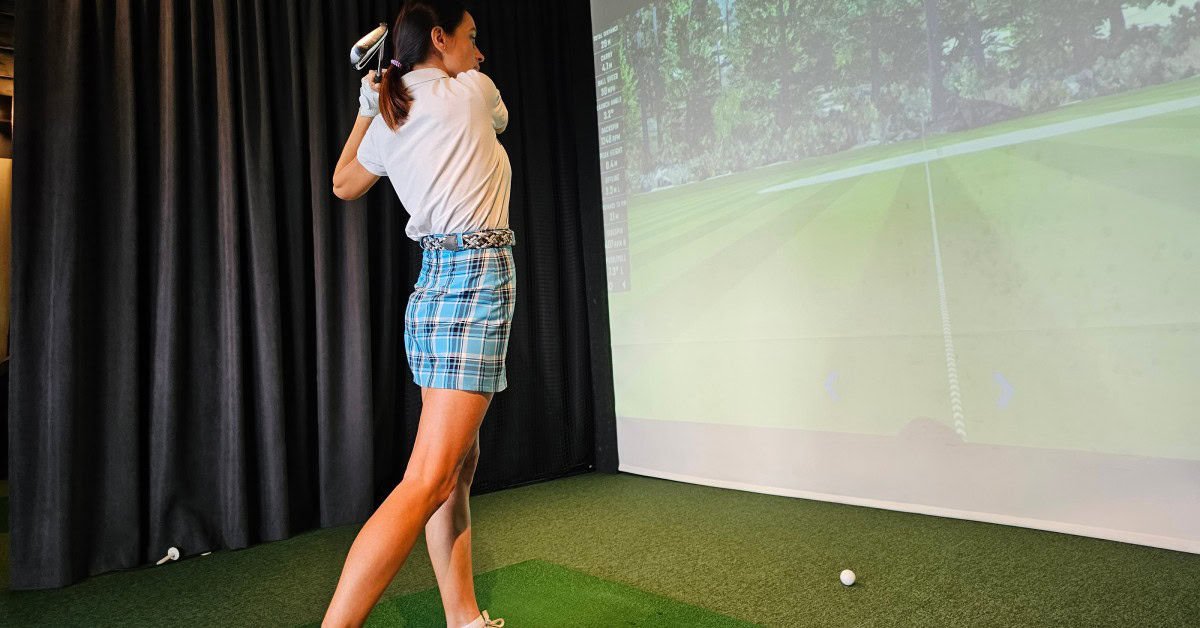
How HD Multi-Sport Simulators Are Changing How Coaches Train
As technology advances, the training methods for athletes evolve. Sports simulators are at the forefront of this development, offering coaches an improved platform to refine athletes’ performances. Read on to learn how HD multi-sport simulators are changing how coaches train, so you can incorporate this advanced technology into players’ regimens.
Simulators Allow Training in Controlled Environments
Imagine setting up a tailored training session where you can focus on enhancing an athlete’s skills without interruption. Virtual sports simulators can provide you with an immersive environment.
By staging training sessions indoors with a simulator, you can teach complex techniques and strategies while your athlete maintains total concentration. They will be free from distractions that they would typically encounter outdoors, like weather or passerby. This stability helps athletes hone their skills faster.
Simulators Give Coaches Helpful Analytics
Another way HD simulators are changing how coaches train is by giving coaches analytics. You cannot overstate the power of data, especially in sports, where minute details can influence performance outcomes.
When your athletes train with an HD multi-sport simulator, the technology will provide in-depth information about their performance and deliver insights you might miss in average settings. For example, if you are coaching young golfers, the data may include swing speed and shot accuracy metrics.
With various data points, you can identify the athlete’s strengths and areas for improvement to develop a customized training program that targets correcting their form or enhancing their efficiency. This data-driven approach makes training sessions more effective, focusing on real-time performance enhancements rather than generic improvement plans.
Additionally, analytics offer a historical performance view. Coaches can track an athlete’s progress, set realistic goals, and measure improvement against past performances. Athletes will become more motivated because they have a clear path for progression.
Simulators Can Improve Decision-Making Abilities

Most sports require athletes to make quick decisions that can determine the difference between victory and defeat. Simulators can help coaches sharpen athletes’ decision-making skills by immersing them in game-like scenarios requiring quick thinking and adaptive responses.
By replicating real-time game situations, simulators challenge athletes to make decisions under pressure, thus refining their cognitive abilities. This mental conditioning translates to better on-field performance as athletes become adept at making the best choices swiftly and accurately.
Simulators Can Replicate Real-Life Conditions
One might wonder how effective it is for coaches to train athletes without the unpredictability of actual game conditions. However, the simulators also allow them to replicate unusual or new scenarios with ease.
If you are training a young baseball player and want them to get comfortable batting in a large arena with a roaring crowd, a simulator can replicate the environment. If you’re coaching a young golfer and want them to learn what it is like to play on renowned courses, the technology can simulate the golf course and its surroundings.
Furthermore, simulators enable athletes to learn from their mistakes in these situations without the fear of real-life consequences. This repeatability ensures athletes understand their errors and take corrective actions, embedding lessons that benefit their long-term development.
Coaches Can Focus on Honing Specific Skills

Every athlete has strengths and weaknesses. Simulators allow coaches to tailor training sessions to their individual needs, focusing on specific skills one at a time. Whether you want to improve a batter’s swing or a kicker’s technique for kicking a field goal, simulators offer customized training solutions that cater to each athlete’s sport.
The flexibility to concentrate on individual skills builds well-rounded players. Simulators also provide immediate feedback, allowing coaches to make adjustments on the spot. Real-time responses empower athletes to understand more about their technique, make corrections without delay, and learn how to implement these improvements into their sport.
Simulations Allow Athletes To Avoid Training Injuries
It’s common for athletes to endure injuries while training just like they would in gameplay. Fortunately, HD multi-sport simulators allow coaches to train their athletes and practice high-intensity skills without fearing physical harm.
By simulating game scenarios indoors, athletes can tackle challenging exercises that might otherwise put excessive strain on their bodies if performed outdoors. It’s a unique advantage that preserves their physical health and ensures longevity in their athletic career.
In addition to preventing injuries, simulators allow athletes to train while recovering safely from existing injuries. This approach ensures that athletes do not rush back into full training prematurely, which could exacerbate injuries. The controlled, supportive environment assists in injury prevention and recovery by enabling athletes to focus on skill improvement away from high-intensity environments.
Coaches Can Improve Athletes’ Mental Toughness
Sports involve more than physical prowess; mental preparation is equally crucial in achieving success. That’s why coaches in all sports must emphasize mental training in their approach.
Simulators play a vital role in preparing athletes mentally by exposing them to high-pressure situations repeatedly. It builds mental resilience, so athletes learn how to stay calm and composed when facing adversity during competitions.
By leveraging simulators, they can create pressure-filled environments that test athletes’ mental toughness. These sessions teach athletes how to handle stress effectively, manage anxiety, and maintain focus, all essential qualities for peak performance.
For example, a simulator can help a soccer player mentally prepare for a penalty kick or a baseball pitcher get in the right mindset before throwing the ball with the bases loaded. Mental practice complements physical training by helping athletes internalize their movements, improve focus, and increase their confidence.
Simulators Encourage Training Year Round
Mother Nature can get in the way of training with changing weather and poor outdoor conditions that limit access to exterior facilities. Rather than allowing natural barriers to impede your athletes’ progress, you can use a simulator to train them throughout the year.
Athletes can maintain their routines by practicing consistently regardless of external factors. Consistency ensures they remain in peak condition year-round, ready to compete at their best when the season arrives.
After learning how an HD multi-sport simulator can supplement an athlete’s skill level, consider purchasing this advanced training resource. HD SportsSuite offers high-quality systems that feature more than 30 sports, including baseball, football, golf, and soccer. With this simulator technology at your fingertips, your athletes will hone their physical skills and gain mental toughness with ease.



